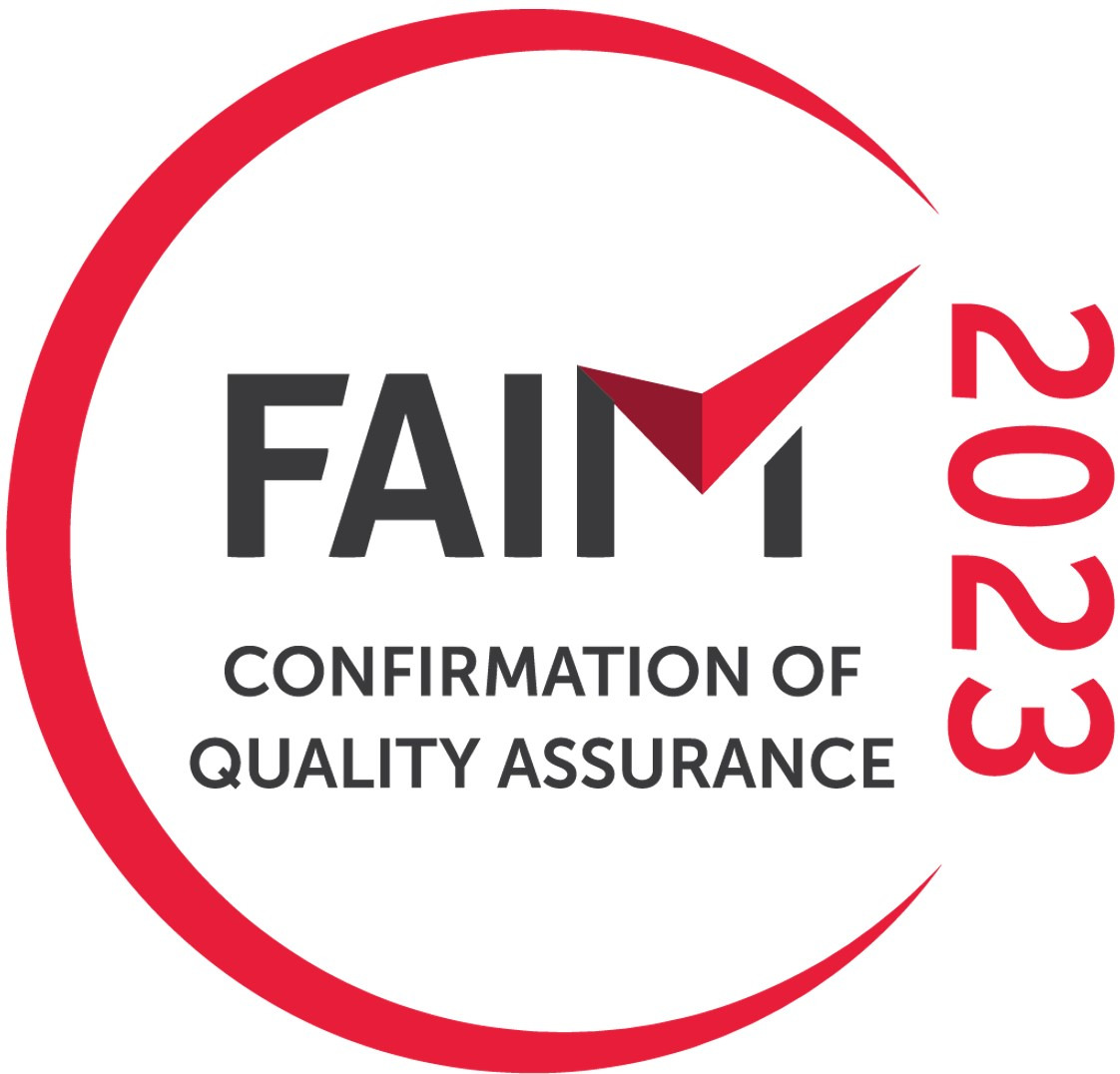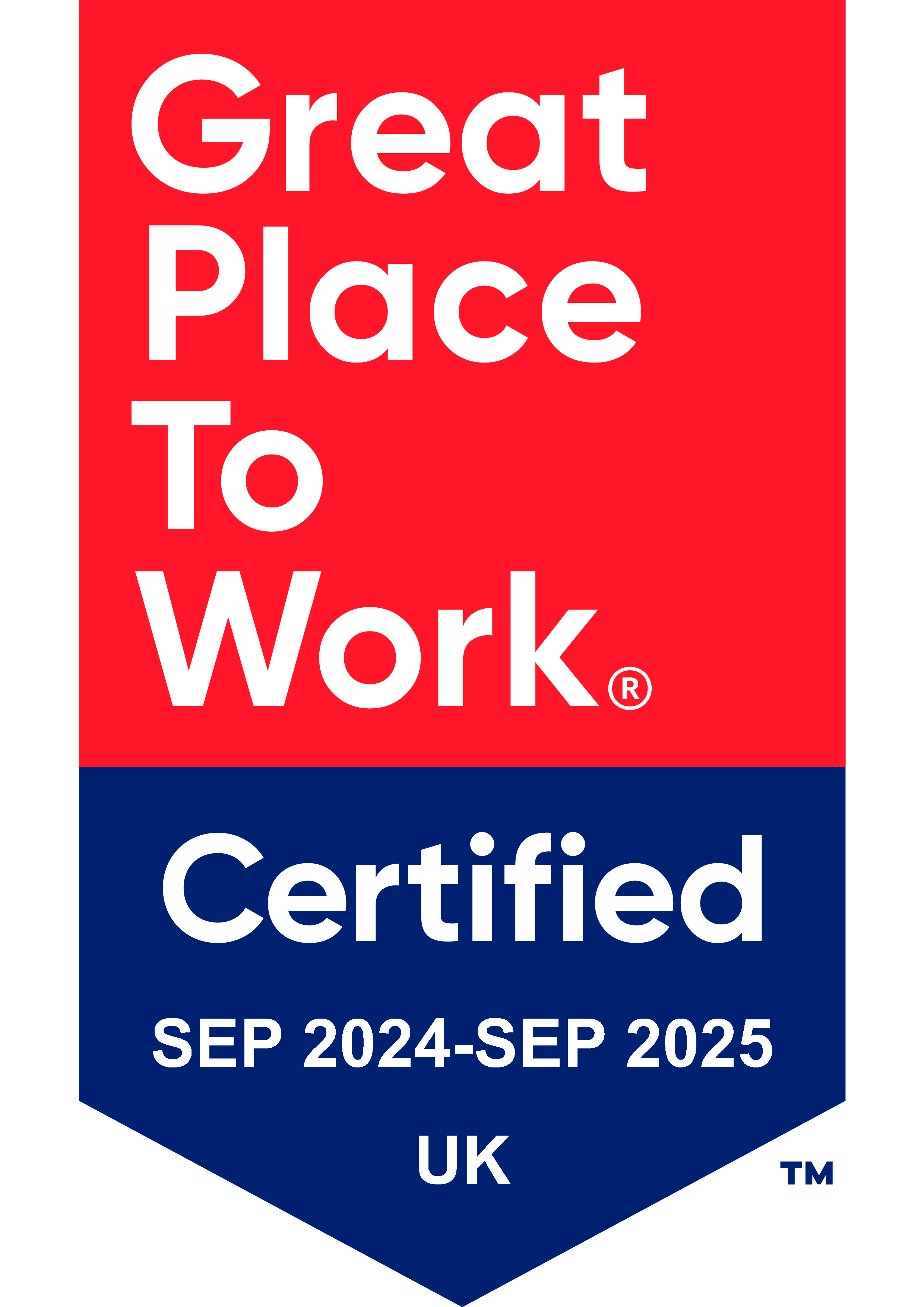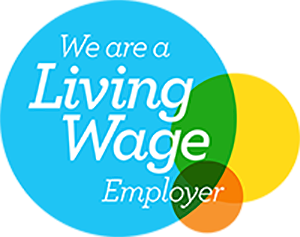Moving to a new country is always challenging but if you think your life and that of your family, may be threatened due to an earthquake, it makes it more than challenging. However, armed with the facts, you can decide where to live and also decide if your fears are well founded.
Shocking Statistics
There were 32,828 quakes in New Zealand in 2016, that’s one every 15 to 20 minutes, way up from the usual 20,000 or so per annum. However, to put things in perspective, only around 500 of these were actually felt and most of those were only tiny little tremors.
The earthquake on 14th November 2016 in Kaikoura, South Island, measured 7.8 on the Richter Scale. It lasted for 2 minutes, with 50 seconds of severe shaking. Two people were killed in this quake which occurred in one of the most seismically active regions of New Zealand in recent years.
Sara McBride, who writes a blog for GeoNet, New Zealand’s geological hazard information centre, sums up 2016 as follows, “Let me sum up: we had geysers, eruptions, landslides, tsunami and whole lotta earthquakes. The ground broke under our feet, and that is why we are calling this year the ‘groundbreaker’.'”
New Zealand sits on the ‘Ring of Fire’, which is an arc of seismic faults around the edges of the Pacific Ocean. The San Andreas Fault is part of the Ring of Fire and causes around 10,000 quakes a year in California.
The Biggest Earthquakes
The biggest earthquake in New Zealand was in 1855 on the southern tip of North Island at Wairarapa, which measured 8.2. However, the earthquake which caused the greatest loss of life was in 1931 in Napier, where 258 people lost their lives.
On 22nd Februsouth-easta 6.3 magnitude earthquake hit 6.2 miles south east of Christchurch’s CBD, killing 185 people and injuring thousands. Not only was there a tragic loss of life, the damage to historic buildings and infrastructure in general was horrendous.
This quake brought down many buildings which had been damaged by the 7.1 earthquake which occurred on 4th September 2010, 24.9 miles west of Christchurch.
No Mass Exodus
If New Zealanders thought their lives were in danger, they’d be leaving in droves – but no one’s leaving, so they obviously feel safe. There are hazards wherever you live, whether they be weather related, terrain related, terror related or just someone driving home drunk who happens to hit your car. New Zealand is a land of calm and beauty and its people are staying – earthquake or no earthquake.
Moving to Wellington
Any upcoming moves to Wellington in New Zealand may be made more complicated due to the recent earthquake that took place which has resulted in the port of Wellington closing. We are still able to help people move there, so please contact us for more information.
To find out more about international removals to New Zealand check out our ultimate guide to moving to New Zealand.
















In the event of a severe earthquake I am more concerned about every man’s ability to save himself , family and his neighbours. And provision for our animals.In every Japaneses home near the front door there is a dedicated disaster box mainly for earthquakes.
NZ needs to up our game with schools , all private and public buildings regularly showing having leadership drills and what if scenarios.
Pamphlets and tv messages are insufficient. Trusted Civil Defence regular talks at public libraries w’ d be a good start.